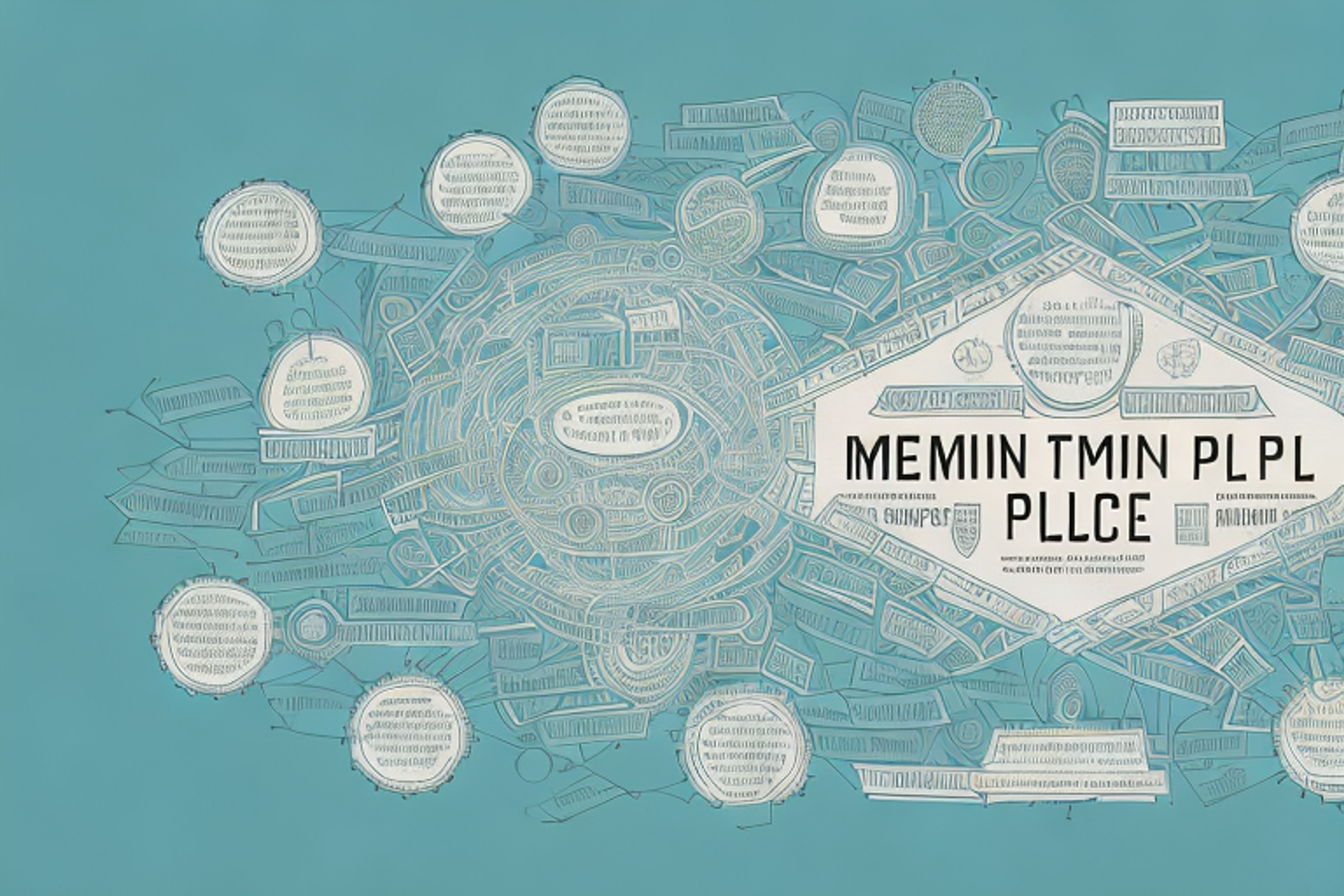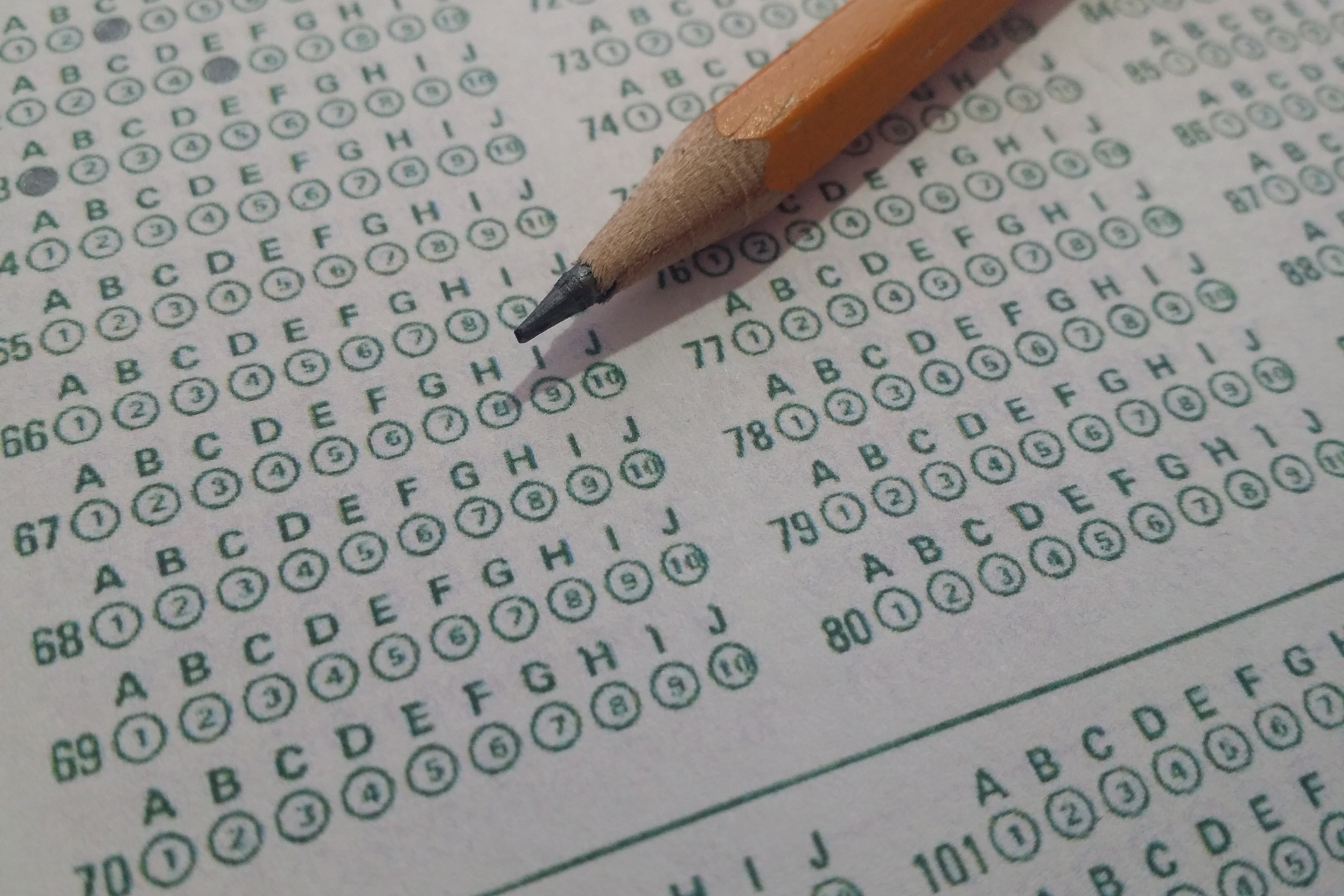
Table of Contents
Preparing for the MCAT can be a daunting task. Not only does it require an extensive knowledge of the various science disciplines covered, but it also demands a strong memory to recall and apply that knowledge. That is why developing effective memory recall techniques, such as mind maps and memory palaces, can be crucial for MCAT success. In this article, we will explore the science behind these creative techniques and how they can be used to enhance your MCAT performance.
What is the MCAT and Why is Recall Important?
The MCAT (Medical College Admission Test) is a standardized exam designed to assess knowledge and critical thinking skills in various science disciplines, including biology, chemistry, physics, and psychology. It is used by medical schools in the United States and Canada as part of their selection process for applicants.
To perform well on the MCAT, it is not enough to simply memorize information. The exam requires the ability to recall and apply complex concepts and formulas quickly and accurately. That is where the use of memory recall techniques, such as mind maps and memory palaces, can come in handy.
One important aspect of the MCAT is its emphasis on critical thinking skills. The exam is designed to test not only a student's knowledge of scientific concepts, but also their ability to analyze and interpret data, draw conclusions, and make connections between different disciplines. This is why many medical schools consider a high MCAT score to be a strong indicator of a student's potential for success in their program.
Another reason why recall is important for the MCAT is that the exam is timed. Students have a limited amount of time to answer each question, and they may not have access to reference materials or calculators. This means that they need to be able to quickly recall important formulas and concepts in order to solve problems and answer questions accurately. Developing strong recall skills can help students to work more efficiently and effectively during the exam, which can ultimately lead to a higher score.
Understanding the Science Behind Mind Maps and Memory Palaces
Mind maps and memory palaces are both memory recall techniques that have been shown to be effective in enhancing memory retention and recall. Mind maps are visual diagrams that organize information around a central idea or concept, with branches representing subtopics and supporting details. Memory palaces, on the other hand, involve associating information with specific locations or objects, using visual and spatial cues to aid recall.
The reason these techniques work is that they tap into different areas of the brain that are involved in memory, such as the visual and spatial memory centers. By integrating multiple sensory modalities, such as visualization and association, these techniques can enhance memory retention and recall.
Research has shown that mind maps and memory palaces can be particularly effective for remembering complex information, such as foreign language vocabulary or medical terminology. This is because these techniques allow for the organization and visualization of information, making it easier to recall and retain.
Additionally, these memory recall techniques can be useful for individuals with learning disabilities or difficulties with traditional memorization methods. By utilizing visual and spatial cues, these techniques can provide an alternative approach to learning and retaining information.
How to Create Effective Mind Maps for MCAT Recall
To create effective mind maps for MCAT recall, you should start with a central idea or concept and then branch out to include related subtopics and supporting details. Use color coding and visual cues to help you remember relationships and associations between different pieces of information. Avoid information overload by keeping your mind maps focused on essential concepts and facts only.
Another useful tip for creating effective mind maps for MCAT recall is to use abbreviations and acronyms. This can help you save time and space while also making it easier to remember complex information. However, be sure to use abbreviations and acronyms that are commonly used and understood in the field of medicine. Additionally, it's important to review and update your mind maps regularly to ensure that you are retaining the information and making connections between different concepts.
The Art of Building Memory Palaces for MCAT Recall
Building a memory palace involves associating information with specific locations or objects, creating a mental map or layout of these associations in your mind. To build a memory palace for MCAT recall, you should start by choosing a location that you know well, such as your home or school. Assign specific information to each location or object within that location, using visualization techniques and association to help reinforce these associations in your mind.
One important aspect of building a memory palace for MCAT recall is to make sure that the information you are associating with each location or object is relevant and meaningful to you. This will help you to better remember the information when you need to recall it during the exam.
Another helpful tip is to practice recalling the information in your memory palace regularly, ideally on a daily basis. This will help to strengthen the associations in your mind and make it easier for you to recall the information when you need it most.
Tips and Tricks for Using Mind Maps and Memory Palaces Together
While mind maps and memory palaces can be powerful memory recall techniques on their own, combining them can be even more effective. For example, you can use a mind map to organize related topics and ideas and then use a memory palace to associate specific details with different branches or nodes in your mind map. Alternatively, you can use a memory palace to recall the main points of your mind map by associating each point with a different location or object in your memory palace.
Techniques for Memorizing Complex Concepts and Formulas using Mind Maps
Memorizing complex concepts and formulas can be challenging, but mind maps can help break down these concepts into smaller, more manageable components. Use visual cues and association to link these components together and create an overall structure for the concept or formula. Test yourself regularly by recalling the different components and how they relate to one another.
Using Memory Palaces to Remember Long Lists of Information for the MCAT
One of the most practical applications of memory palaces is for remembering long lists of information, such as complex equations, chemical formulas, or medical terminology. To do this, you can assign each item in the list to a specific location or object within your memory palace, using association and visualization to reinforce these links. By mentally "walking through" your memory palace, you can recall the list items in order quickly and accurately.
Enhancing Your Visual-Spatial Ability through Mind Mapping and Memory Palace Techniques
Both mind maps and memory palaces require the ability to visualize and spatially navigate information. By using these techniques regularly, you can enhance your visual-spatial abilities and improve your overall memory recall. You can also practice visualization exercises, drawing mental pictures of objects or scenarios, and spatial navigation tasks, like mentally navigating a familiar route.
Incorporating Other Sensory Modalities in Your MCAT Recall Techniques
While visual and spatial memory are essential to mind mapping and memory palace techniques, other sensory modalities can also aid recall. For example, you can use auditory cues, such as music or recorded lectures, to reinforce key concepts or facts. You can also use tactile or kinesthetic cues, such as hand gestures or physical movements, to help reinforce associations between different pieces of information.
Combining Mind Mapping and Memory Palace Techniques with Active Recall Strategies
Mind maps and memory palaces can be excellent memory recall techniques, but they should be used in combination with active recall strategies. Active recall involves actively retrieving information from memory, rather than simply reviewing it passively. By practicing active recall regularly, you can strengthen your memory recall and enhance your ability to apply knowledge to new situations.
How to Practice and Perfect Your MCAT Recall Techniques with Mind Maps and Memory Palaces
Like any skill, memory recall techniques require regular practice and refinement. Set aside dedicated study time to practice your mind mapping and memory palace techniques, testing yourself regularly to gauge your progress. Seek feedback from peers or instructors, and adjust your techniques as needed to optimize your recall.
Common Mistakes to Avoid when Using Mind Maps and Memory Palaces for MCAT Recall
While mind maps and memory palaces can be powerful memory recall techniques, certain common mistakes can hinder their effectiveness. These include overloading your mind map with too much information, failing to make meaningful associations between different nodes in your mind map or memory palace, and relying solely on passive review rather than active recall.
Real-Life Success Stories: How Students have Used Mind Maps and Memory Palaces to Ace their MCATs
Students who have successfully used mind maps and memory palaces to enhance their MCAT recall report a greater confidence in their ability to recall complex material, as well as an increased ability to apply that knowledge to new situations. By tapping into multiple areas of the brain involved in memory, these techniques can have a profound impact on overall learning and retention.
Conclusion: Maximizing your MCAT Performance with Creative Recall Techniques
Effective memory recall techniques, such as mind maps and memory palaces, can be powerful tools for enhancing your MCAT performance. By incorporating these techniques into your study routine, you can strengthen your memory recall and improve your ability to apply that knowledge to new situations. Practice regularly, seek feedback, and adjust your techniques as needed to optimize your recall and maximize your MCAT success.











